By Swill Mavua.
The Tinubu administration’s borrowing spree has sparked intense debate and concern among Nigerians. Since taking office in May 2023, President Bola Ahmed Tinubu has embarked on an aggressive borrowing strategy, securing numerous loans from international financial institutions, including the World Bank, African Development Bank, and other multilateral agencies.
The recent borrowing figures are just too frightening to ignore:
- In July 2025, the Senate approved President Tinubu’s plan for over $21 billion in foreign borrowing to plug shortfalls in the 2025 budget. This includes:
- $21.5 billion in external loans
- €2.2 billion (approximately $2.51 billion)
- 15 billion Japanese yen (approximately $102.26 million)
- A $65 million grant
- $2 billion in domestic bonds
- In December 2024, the Senate gave a green light to a further $7.4 billion and €100 million in borrowing
- From 2023-2025, in just two years. Nigeria secured over N57 trillion in loans from the World Bank, including a “stabilization” loan. That’s besides the July Senate approval for the latest borrowing.
For all of these borrowings, purposes are attached which Nigerians never get to see in reality. According to the Tinubu administration, these loans are aimed at supporting critical infrastructure projects, including:
- Railway Development:$3 billion for the construction of the eastern rail line (Port Harcourt to Maiduguri railway)
- Road Infrastructure: $1.33 billion for the construction of the Akwanga-Jos-Bauchi-Gombe dual carriageway
- Healthcare: $45 million for the Sokoto State Health Infrastructure Project
- Power: $116 million for high-voltage transmission lines to evacuate 700 megawatts of electricity from the Zungeru hydropower station
- Security: $540 million for the Nigeria Border Security Project
But for the average Nigerian, all of these projects appear larger than life as their execution or otherwise cannot be authenticated. This bring to the fore the question of accountability as some analysts seem to call of the government to account for these monies. Unfortunately, Nigeria seems to now have a leprous Senate led a seeming imbecile – charged with oversight function on the executive – that would rather adjudicate its responsibilities and play the Boy-Lambo classic – “ride on, thou excellent and marvelous emperor.”
These borrowings brings about questions for the purpose of the fuel subsidy removal. The removal of fuel subsidies was a key policy decision made by the Tinubu administration, aimed at reducing the financial burden on the government and promoting economic efficiency. The funds saved from subsidy removal were expected to be channeled towards critical infrastructure development and social welfare programs. However, critics argue that the government has failed to deliver on these promises, and the removal of subsidies has led to increased hardship for ordinary Nigerians.
Many Nigerians are questioning the effectiveness of the Tinubu administration’s borrowing strategy, citing concerns about;
- Debt Sustainability: Nigeria’s debt-to-GDP ratio has surpassed 50%, while the latest borrowing will shoot up to about 65%, and debt servicing now consumes over 130% of government revenue
- Corruption: There are fears that the borrowed funds are being mismanaged and or diverted for personal gain and settling of political cronies.
- Lack of Transparency: Critics are arguably upbeat that the government has not provided adequate information about the use of bRespite funds
- Infrastructure Development: Despite the huge borrowings, many Nigerians feel that there has been little to show in terms of tangible infrastructure development
The Tinubu administration’s borrowing spree has raised important questions about the management of Nigeria’s economy and the effectiveness of its development strategy. While the government argues that these loans are necessary for supporting critical infrastructure projects, critics are concerned about the sustainability of the debt burden and the potential risks of mismanagement. As Nigerians, we deserve transparency and accountability in the management of our resources, and it is essential for the government to provide clear answers about the use of borrowed funds.


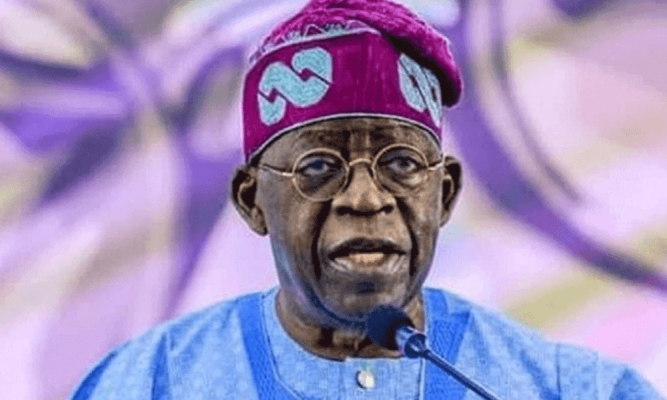


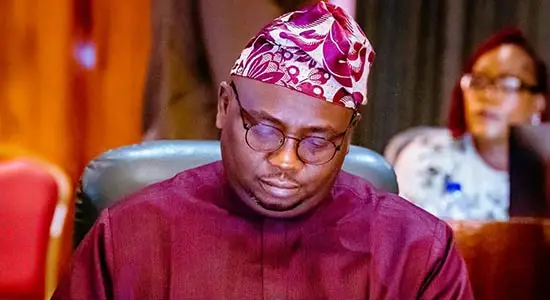
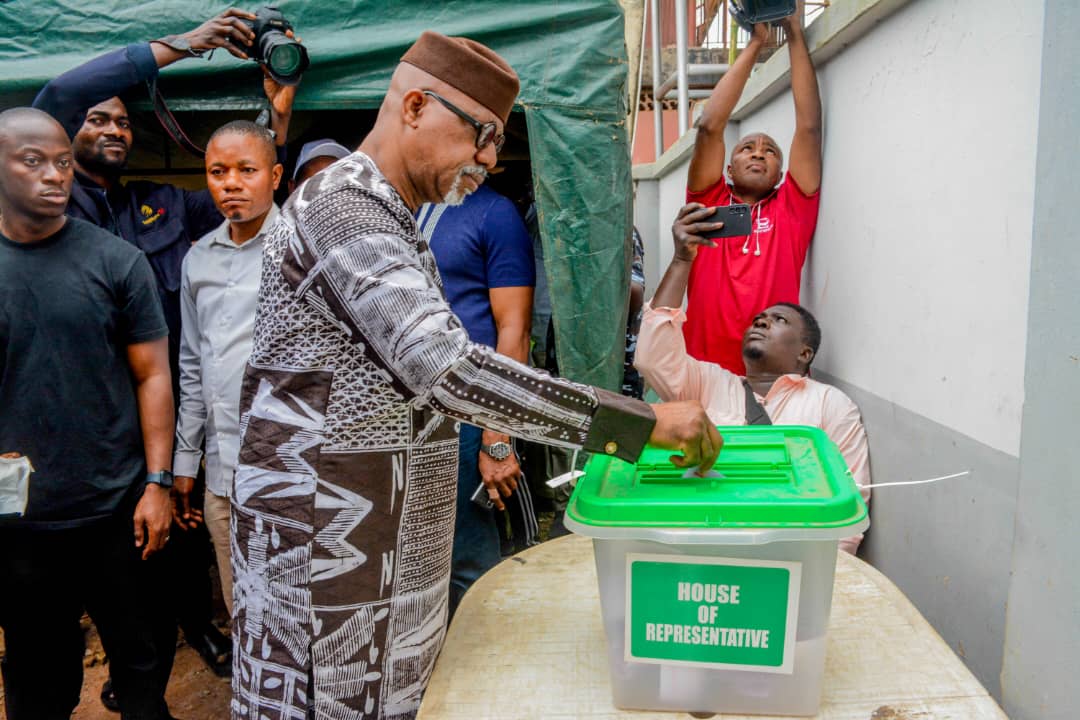

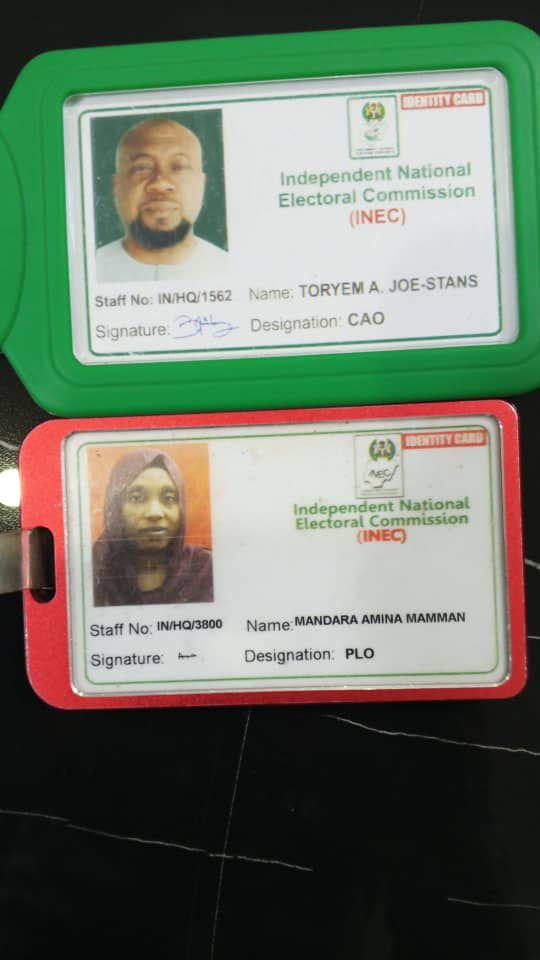
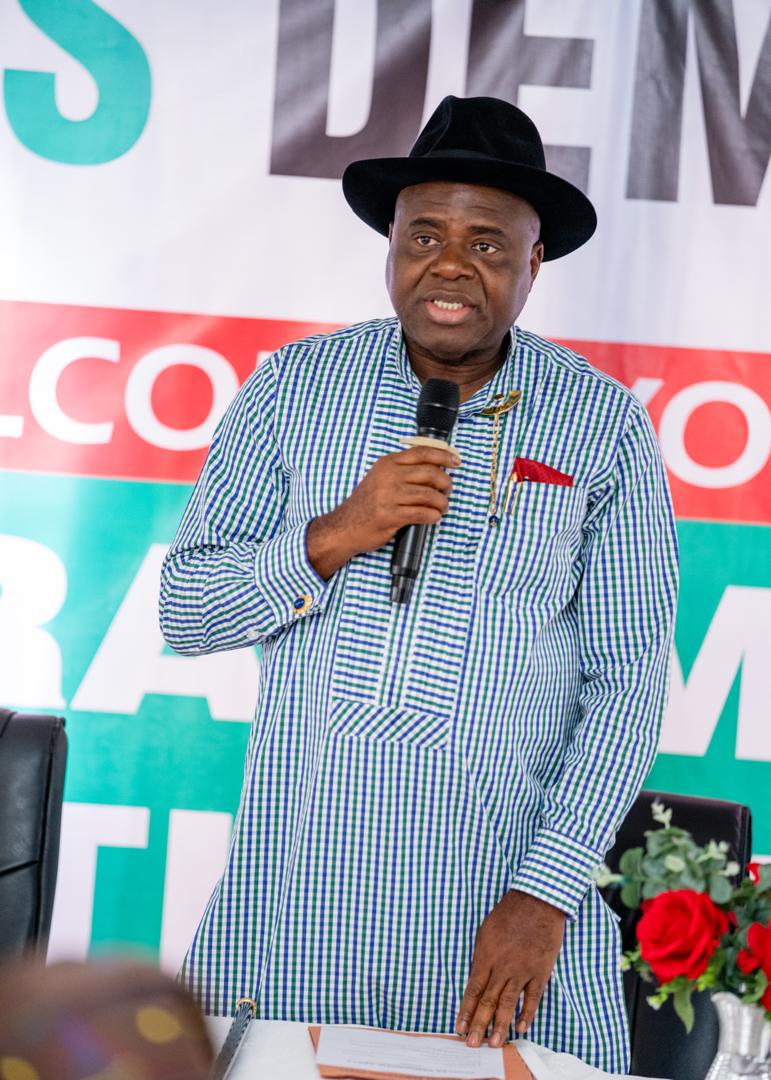

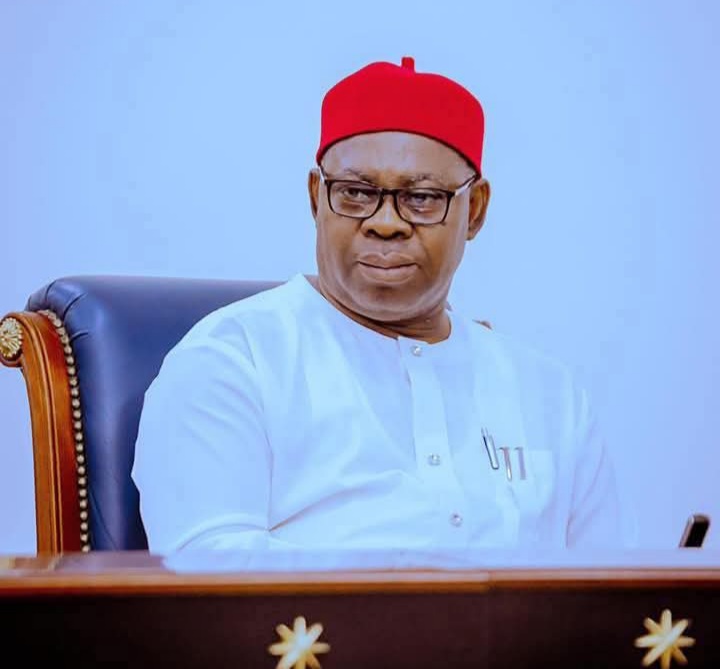
Leave a Reply